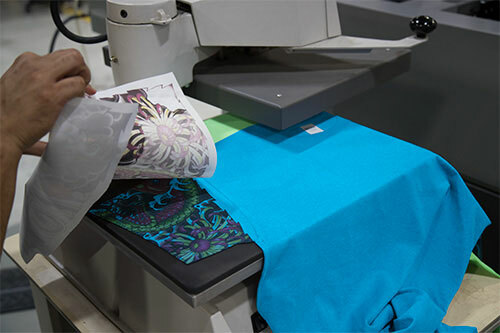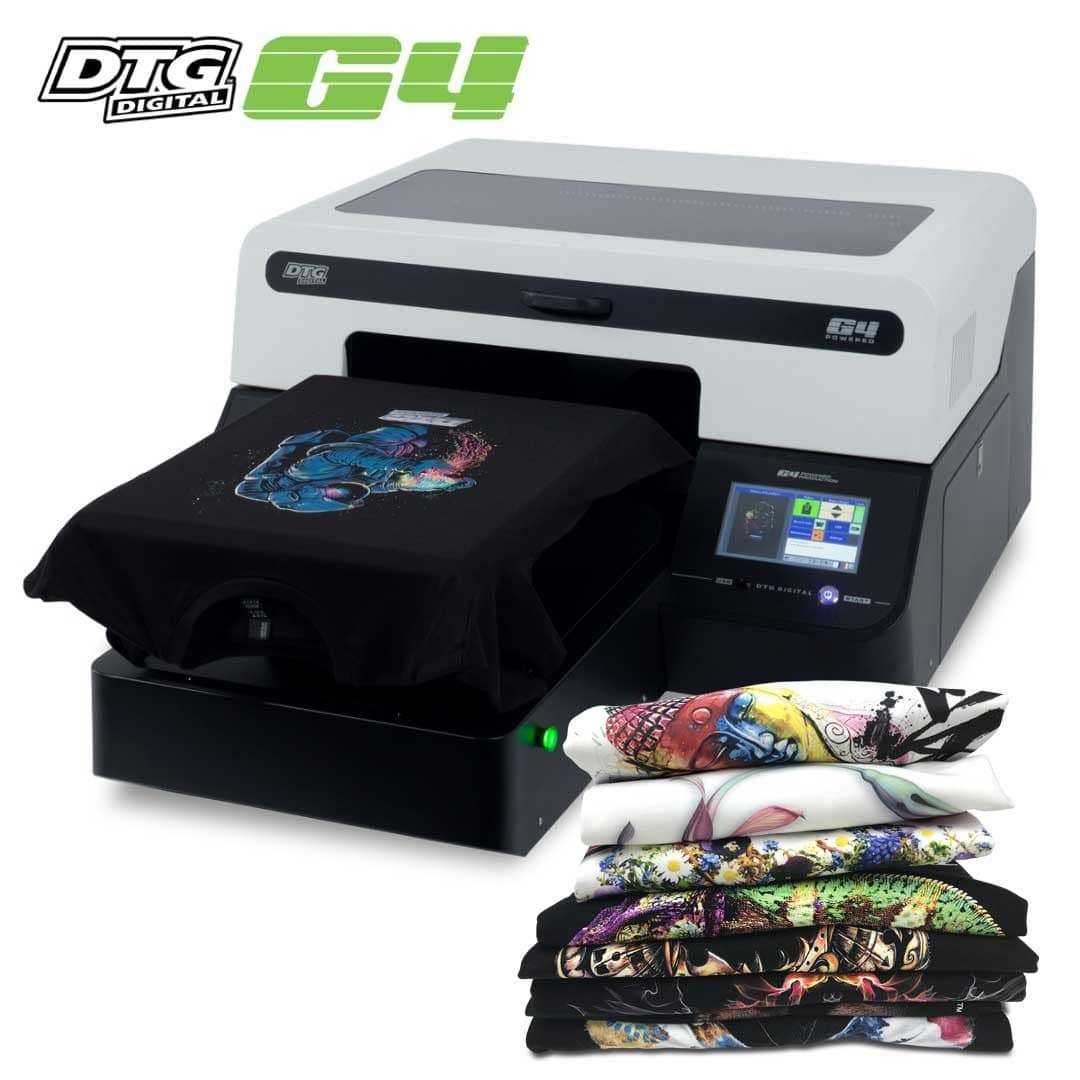Elevate Your Styles with DTF Printing: A Comprehensive Guide
Wiki Article
Advancements in DTF Printing: How It's Transforming the Market
The fabric printing sector is undertaking a substantial transformation, driven by the advanced improvements in Direct-to-Film (DTF) modern technology. These technologies are not just boosting print quality and versatility but also improving the entire printing process. With exceptional ink formulas, enhanced film and adhesive technologies, and the integration of automation, DTF printing offers dynamic, resilient prints on a variety of fabrics, meeting the increasing need for modification. As organizations seek a lot more environmentally friendly and reliable services, the effects of these improvements necessitate a closer evaluation into exactly how they are shaping the future of fabric printing.Developments in DTF Innovation
Advancing quickly, DTF (Direct-to-Film) printing innovation has gone through significant enhancements that are transforming the textile industry. Modern DTF printers make use of sophisticated ink formulations that result in dynamic, resilient prints with high resolution and color accuracy.
Additionally, developments in film and adhesive innovations have enhanced the overall application process. New films offer better elasticity and adhesion, enhancing the resilience and washability of the printed designs - sublimation printing. This makes sure that the prints preserve their stability and vibrancy even after multiple cleans
Last but not least, ecological factors to consider have prompted the development of eco-friendly DTF remedies. Suppliers are significantly embracing sustainable practices, such as making use of water-based inks and recyclable movies, aligning with global initiatives to minimize the industry's eco-friendly impact.
Benefits Over Traditional Approaches
When comparing DTF printing to traditional approaches such as screen printing and direct-to-garment (DTG) printing, several distinctive advantages arise. heat transfer vinyl printing. Among the most substantial benefits is its convenience in textile compatibility. Unlike display printing, which typically calls for details fabric types, DTF printing can be put on a wider variety of materials, consisting of cotton, polyester, and blends, without jeopardizing print qualityOne more notable benefit is cost-effectiveness, particularly for little to medium-sized orders. Traditional display printing becomes financially viable only at higher quantities due to the configuration costs included. On the other hand, DTF printing eliminates these arrangement expenses, making it a lot more budget-friendly for smaller sized batches and one-off styles.
Furthermore, DTF printing stands out in longevity and washability. The prints produced are durable and preserve their honesty through several clean cycles, surpassing DTG prints that may break or fade with time. Additionally, DTF printing provides faster turnaround times. Without the requirement for considerable setup, styles can be printed and moved in a portion of the moment needed for display printing.

Boosted Layout Capacities
DTF printing offers boosted style capabilities that establish it apart from typical printing techniques. The process involves publishing a style onto a special movie, which is after that transferred to textile.In addition, DTF printing supports a wide selection of materials, including cotton, polyester, blends, and also non-textile substratums. This flexibility opens up doors for innovative applications in diverse sectors such as fashion, home decor, and advertising products. Unlike display printing, which can be limiting as a result of shade separation and pattern creation, DTF printing streamlines the process, making photo-realistic and multi-color styles more obtainable.
In addition, DTF printing excels in achieving constant color precision and vibrancy. In significance, DTF printing encourages developers to press the borders of creativity, delivering visually spectacular results that were previously unattainable.
Expense and Time Effectiveness
One of the notable benefits of DTF printing lies in its cost and time performance, making it a recommended option for many businesses. Unlike typical techniques that require considerable financial investment in screens and arrangement times, DTF printing enables for direct application onto numerous products with minimal prep work.Furthermore, DTF printing masters generating short runs and personalized orders cost-effectively. The capability to produce high-grade prints without the requirement for large quantity commitments lessens waste and optimizes source allotment. This adaptability is especially useful for little companies and start-ups that might not have the funding to spend in massive manufacturing runs.
In terms of functional efficiency, DTF printing's structured operations improves total productivity. The modern technology's compatibility with a wide variety of substratums and fabrics even more widens its application scope, minimizing the demand for multiple printing systems. As a result, organizations can achieve a quicker turn-around time, improving client contentment and competitiveness out there. Hence, DTF printing stands out as a transformative solution in the printing market.
Future Trends in DTF Printing
Expecting future fads in DTF printing discloses a landscape noted by quick technical innovations and increased market demand (screen printing). One substantial fad is the assimilation of expert system (AI) and artificial intelligence formulas to maximize print top quality and simplify procedures. AI-driven systems can anticipate prospective problems and adjust settings in real-time, ensuring continually high-quality outputIn addition, innovations in eco-friendly inks and lasting products are anticipated to get traction. As environmental problems end up being much more pressing, the sector is likely to see a shift in the direction of safe and eco-friendly inks, minimizing its ecological impact.
Personalization and personalization will certainly likewise play a pivotal duty. With the growing consumer need for distinct, customized products, DTF printing technologies are progressing to provide even more elaborate and detailed modification choices. This fad is supported by enhanced software remedies that enable for even more complex and imaginative designs.
Last but not least, the combination of DTF printing with various other digital platforms and shopping services will certainly come to be much more smooth. This connectivity will allow businesses to provide on-demand printing solutions directly to consumers, additionally driving development in the industry. These patterns jointly highlight a future where DTF screen printing printing not just meets however goes beyond the evolving requirements of the marketplace.
Verdict

When comparing DTF printing to typical techniques such as screen printing and direct-to-garment (DTG) printing, several distinct benefits arise. Unlike screen printing, which typically calls for particular textile types, DTF printing can be applied to a more comprehensive range of products, consisting of cotton, polyester, and blends, without compromising print high quality.
DTF printing offers improved layout capabilities that set it apart from standard printing approaches. Thus, DTF printing stands out as a transformative option in the printing sector.
Developments in DTF printing substantially boost the textile printing industry by supplying premium print versatility, efficiency, and quality.
Report this wiki page